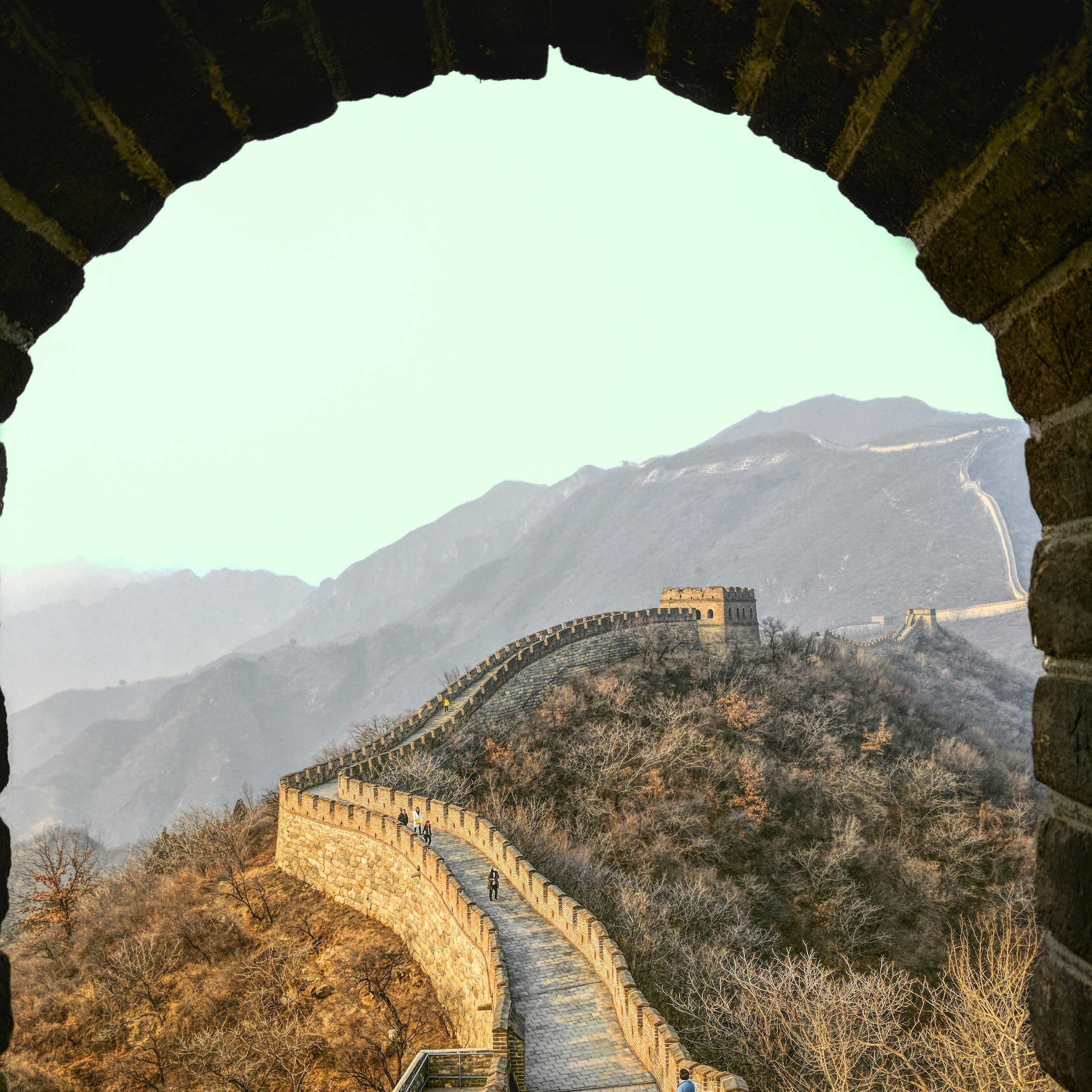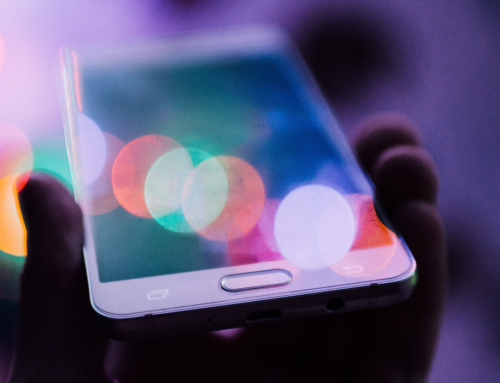Some years ago, I traveled to China on business. I was there to see that a cut and sew program my company was initiating got off on the right foot. In total I was on the mainland for three weeks. The company for which I worked permitted me to invite my girlfriend on trip if I paid her tab. This made the adventure more fun.
There were four stops required. First Beijing, second Shanghai, third Hangzhou, and finally Hong Kong. Beijing and Shanghai were home to suppliers of certain raw materials, Hangzhou was the assembly plant, and Hong Kong the city of departure.
It was winter in the northern hemisphere and Beijing was cold, and at that time, the air was hard to breath as coal was burned by residents for heat. During our stay, we stood on square named Tiananmen where blood had stained stone on June days in 89. We visited the Great Wall, built to impede invaders. We bargained with sellers in marketplace.
In Shanghai we stayed in a newly built tower that overlooked gleaming city streets and met with business partners eager to help accomplish mutual goals.
In Hangzhou, the majority of time was spent working in very cool factory—I layered, and sewers wore coats and gloves sporting no fingertips. Through interpreter I taught and learned how best to cut and sew the products we needed. It was a joint effort and the people I worked with had a sincere desire to produce a quality product. For lunch they offered to take me to a “western style” restaurant, but I chose to join factory workers in their lunchroom using sticks rather than fork. Speaking of diet, we ate local fare wherever the road took us, but I suffered a digestive problem one day in Hangzhou, not traveler’s diarrhea, the opposite—I was jammed up—constipation. I don’t know if you’ve experienced this malady, but I wouldn’t recommend it. Predictively, I sought treatment. I can say, in this instance, an interpreter is critical. The hotel normally had an individual at the ready to provide service of translation, however, on the evening of need, said translator wasn’t available. The hotel did have a medical practitioner, but she didn’t speak English. I can sketch reasonably well and attempted to portray, with paper and pencil, a gentleman trying to utilize facilities, but in distress—no good. Next, I tried an embarrassing round of charades, and in return received a look that said, “this crazy American has lost it.” I then ventured to nearest pharmacy thinking package’s labeling may be printed in multiple languages—no dice. I returned to hotel and thank heavens; interpreter was back and expressed my problem to the medical professional. She smiled, nodded, and said, “Oh”, after which she handed me a small envelope with a dozen pills. Those little pills did the trick, and I was feeling better by morning.
Before leaving Hangzhou, I had to help the factory solve a printing problem. Labels, critical for proper packaging, weren’t printing. The application used in this case was Excel. Having used this program for many years I felt I could assist. There was, however, a twist. The version with which I had to work was of course, Chinese. I starred at screen populated with characters. With trusty workplace interpreter by side, and remembering placement of a variety of functions, I would point and ask, for example, “Does this mean LOOKUP?” If no, we would try another character until finding what was needed. It wasn’t a speedy process, but eventually teamwork prevailed, and problem was solved.
Our flight to next destination, Hong Kong, was booked on a small domestic airline, whose name escapes me. The local airport wasn’t geared toward managing international travelers like the larger airports. It was difficult to understand in which boarding area we were to gather as the few displays I studied didn’t present the standard information I relied on. I attempted to ask for help at the ticketing desk but was rapidly pushed aside by passengers waiting behind. Not knowing where to turn, I spotted a gentleman who looked American or West European. I took a chance and asked him my questions. He was a Canuck and had traveled extensively in China as broker in the lumber business. He acknowledged the difficulty in navigating this particular airport and suggested I follow the next crowd that moves. “Just follow the crowd?”, I repeated. Suddenly to my left shuffling commenced. My new Canadian friend pointed, and we did as he prescribed. We were loaded onto a tram that carried us to a tarmac where several planes were taking on passengers and sure enough our aircraft was there.
We were above ground before long and landed at Hong Kong’s beautiful airport. The sun had set hours before we arrived, and city lights were on full display. The driver hired to ferry us to hotel knew the city well and offered a scenic route for our benefit, we consented and were treated to incredible nighttime vistas and interesting stories. We slept well that evening and waked to sun streaming through small breaches in draperies. The concierge suggested we pay visit to the market district and we followed suit.
We loaded onto train to begin trek and found ourselves packed in car like sardines, as the saying goes. I stand six foot six inches and had advantage of clear view and easy air to breath, but my girl didn’t have this benefit and became anxious and lightheaded. I promised I would not let her swoon or faint and distracted her until we debarked. Though outdoors, the market was densely populated as well. I have never been member of such throng before or since. We slowly moved passing shop after shop many with barkers seeking to encourage patronage. Amazing it was and as we progressed, I noticed the masses ahead split for short distance and then blended again as if impediment caused such diversion. When we arrived at point which caused human river to fork, I looked down to find a man dressed in rags, no legs, with one arm only, dragging himself across ground with this remaining limb. The scene was shocking, and my brain didn’t know how to process the information my eyes beheld. The poor soul moved cup with him in hope of donation. When we paused, someone in crowd advised against adding coin to cup. I didn’t know local ordinance. Perhaps it was illegal to ask or to give, but I couldn’t step past one in such state—working so hard to survive. It was a small offering, but I filled tin beaker with every coin I could find on our persons before being quickly pressured forward by hundreds at our rear. I have never, nor will I ever forget this as the image was firmly burned in memory.
We departed Hong Kong the following day and landed in wintery Chicago before catching flight on journey’s final leg.
I like to end stories on positive note and will maintain this habit. When I reflect on visit to China, I remember finding it difficult to leave for a variety of reasons. We walked atop Great Wall on which ancient solder once walked. We saw a new Shanghai transformed with capital and citizens’ efforts. I worked with Hangzhou team in the trenches for days which bonds one to another. And in Hong Kong, in addition to seeing many wonders, we saw a man with more strength than I can fathom create an island at the feet of a human hoard.
I know there are barriers both physical and cultural and governmental that separate us all, but I also know in some corner of our hearts we understand people are people and perhaps one day those barriers won’t rise quite so high. My simple thoughts remind of a quote I’ve always found inspiring, that comes by way of writer far better at putting pen to paper—Pierre Teilhard de Chardin—a French Jesuit:
“Someday, after mastering the winds, the waves, the tides and gravity, we shall harness for God the energies of love, and then, for a second time in the history of the world, man will have discovered fire.”






Leave A Comment